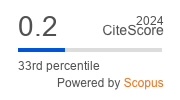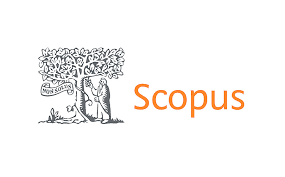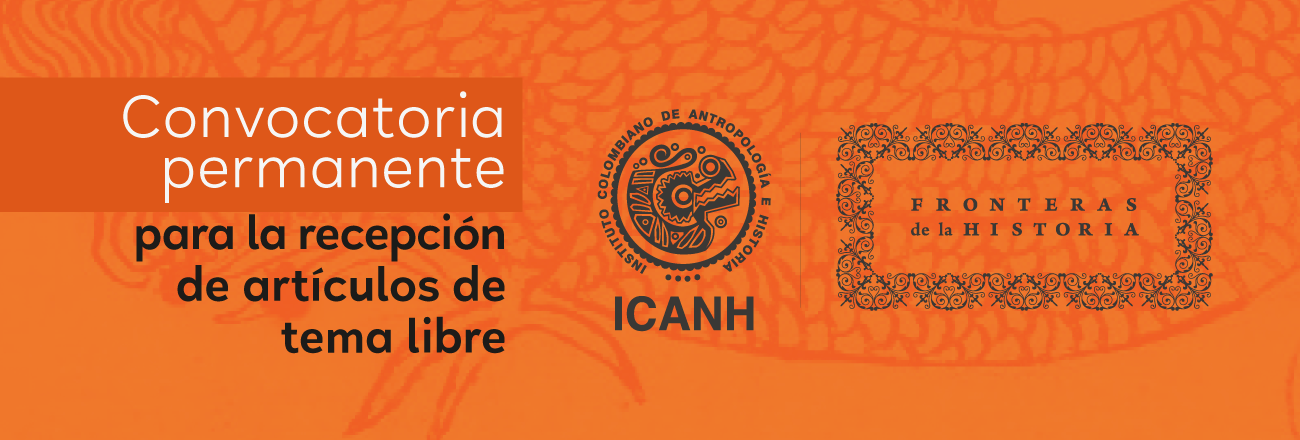Education on the margins: The training of Educators and Sociocultural Animators in Spain, (1970-2000). A different pedagogical perspective
Abstract
Fifty years ago, official pedagogy in Spain was not concerned with the training of educators and animators. During the sixties, leisure time educators soon noticed the methodological deficiencies they were facing, while the beginning of the seventies was experienced as a boom of leisure time movements. In the years of transition, pedagogical renewal movements and other groups and associations adopted committed attitudes in the social and political fields. It is from this perspective that sociocultural animation appears. The method followed is a descriptive analysis of the events while justifying why we speak of a marginal pedagogy, outside or at the limits of official pedagogy. Several training initiatives emerged. At that time, the training perspectives for the future passed through three levels: the first one of voluntary work, the second one of a certain semi-professionalism based on long training courses, and the third one constituted by higher studies of a professional nature. That marginal pedagogy developed in the training of educators and animators during twenty years (1970-1990) was undoubtedly a vocational work, with few resources, carried out by people who felt the need to improve training in order to face a much more effective socio-educational intervention.
Downloads
References
Ander-Egg, E (1981): Metodología y práctica de la Animación sociocultural. Marsiega.
Bessnard, P (1980) : L'Animation Socioculturelle PUF.
Catalá, R (2011): La animación sociocultural como sociocultural como sistema de formación. RES. Revista de Educación Social, 13. https://www.eduso.net/res/pdf/13/asc_res_13.pdf
Colom, A (1987): Modelos de intervención socioeducativa. Narcea.
Dewey, J (2000): Experiencia e Educación. Kalandraka Editora
Freire (2023) : Pedagogía del oprimido. Siglo XXI
Grosjean - Ingberg (1974) : Animation-implication d'une politique d'animation socioculturelle. Conseil de l'Europe. Strasbourg,
Henry, A (1990): «El tiempo libre, un espacio social para la juventud» en ANIMACIO. Revista d'Estudis i documentació. n.10.
Illich, I (1971): Deschooling Society. Harper & Row.
M.A. (1978) : «Des colos pourquoi?» Revista Moniteurs-Animateurs n.° 183.
Maiztegui,C & Santibañez, R (2002): El futuro del educador. Actas de las I conversaciones pedagógicas de la Universidad de Deusto.
Monera, M (1985): «La Animación como un nuevo tipo de educación» en Quintana, J.M. y otros: Fundamentos de Animación sociocultural. Narcea.
Montessori, M (1985): La descoberta de l’infant. Eumo.
Ortin, B. (2003): Apuntes para la construcción histórica de la profesión del Educador Social. Educación Social. Revista de Intervención Socioeducativa, 23.
Poujol, G. (1989): Profession Animateur. Editions Privat.
Poujol, G. (1975) : Les professionnels de l'animation. Editions Privat.
Quintana, J.M., et al. (1985): Fundamentos de la Animación Sociocultural. Narcea.
Ruiz Rodrigo, C. (2003): Educación Social. Viejos usos, nuevos retos. Universitat de Valencia.
Sánchez, A. (1986): La Animación sociocultural (Fundamentos de la intervención social). Editorial CES.
Senent, J.M. (1991): El sendero de la animación sociocultural. Revista Edetania, 4.
Senent, J.M. (1998): Animación y Pedagogía del Tiempo Libre. Edetania Ediciones.
Viché, M (1986): Animación Sociocultural y educación en el tiempo Libre. Víctor Orenga editor.
Viché, M (1989): Intervención sociocultural. Federación Valenciana de animación y cultura popular. Valencia.
VV.AA (2003): Actas de la 4.ª Escola d’Estiu del País Valencià. Asoc. Profesional de Educadors Sociales del País Valencià (APESPV).
VV.AA (1995): Actas del I Condreso Estatal del Educador Social. Biblaria Ediciones.
Copyright (c) 2025 Joan Maria Senent Sanchez, Marta Senent Capuz

This work is licensed under a Creative Commons Attribution-NonCommercial-ShareAlike 4.0 International License.

Esta obra está bajo licencia internacional Creative Commons Reconocimiento-NoComercial-CompartirIgual 4.0.









_18.09_.00_1.png)


















